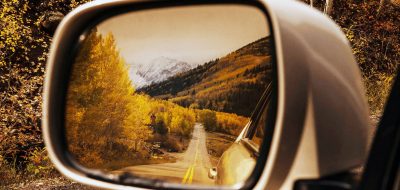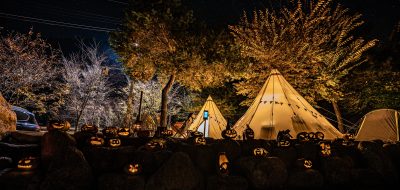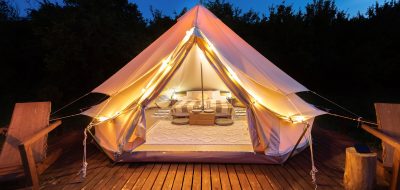A classic 70’s tune gave us the lyrics, “She ran calling ‘Wildfire’…..”
 Then a love song, but today, possibly the beginnings of a disaster.
Then a love song, but today, possibly the beginnings of a disaster.
With rainfall low, and temperatures and winds high, wildfires are currently raging across the West from Montana to Colorado and California and heavily taxing first responder assets.
Many families travel in their recreational vehicles to get away from the city and into remote areas of the wilderness.
The serene environment is therapeutic to most, and can be an effective stress reliever.
However, it is important to remember that during the summer and autumn months, as foliage begins to dry out, the landscape becomes extremely susceptible to wildfires.
A wildfire (also known as brushfire or forest fire) is basically an uncontrolled fire that typically occurs in remote areas. Depending on wind conditions, these fires can travel over forty miles in a day, taking down timber like it’s made of cardboard.
 However, wildfires will consume not only trees and vegetation but anything in their paths including homes, businesses, campgrounds, and RVs.
However, wildfires will consume not only trees and vegetation but anything in their paths including homes, businesses, campgrounds, and RVs.
One common cause of wildfires is lightning, and there is nothing that man can do to prevent Mother Nature from acting out.
Sadly however, most wildfires are started by the carelessness or maliciousness of humans.
Campers should always take precautions against inadvertently starting a fire. They must remember that any small spark can ignite dry grass or timber.
Following are 10 things you can do to assure that you are not the cause of a wildfire breaking out:
1. Build campfires ONLY in designated areas. Use existing fire rings or pits, if available. Do NOT light fires on windy days.
2. Ensure that no flammable materials are within a five-foot diameter of the fire.
3. Ensure someone is responsible for the fire at all times.
4. ALWAYS keep your fire to a manageable size.
5. NEVER leave your campfire unattended.
6. ALWAYS have a shovel and 5-6 gallons of water to properly put out your campfire. Drown the fire with water and stir in dirt, making sure all burned materials are extinguished. If the fire is truly out, the ground and burned materials should feel cool to the touch.
7. If you do not have water, use dirt. Mix enough dirt or sand with the embers. Continue adding and stirring until all material is cool to the touch.
REMEMBER: Do NOT bury the fire as the fire will continue to smolder and could catch roots on fire that will eventually get to the surface and start a wildfire.
8. Keep all flammable liquids and materials away from your RV, toad, tow vehicle, or tent in case a fire does break out.
9. Keep all matches and lighters from the reach of children. Although it is intriguing to them, keep youngsters from playing with campfires, barbeques, or any open flame.
10. Never discard cigarettes anywhere in the open. Be sure to use an ashtray or a bucket of sand to extinguish the butts.
 REMEMBER: If it’s too hot to touch, it’s too hot to leave!
REMEMBER: If it’s too hot to touch, it’s too hot to leave!
For information about RV parks and campgrounds, check out Good Sam RV Travel Guide and Campground Directory.
Worth Pondering…
She comes down from Yellow Mountain
On a dark flat land she rides
On a pony she named Wildfire
With a whirlwind by her side
On a cold Nebraska night
—Michael Martin Murphey
You May Also Like
- Winnebago Introduces 2014 SunnyBrook Raven
- 50 Spectacular RV Trips
- Advent Introduces Ducted Ceiling Assembly with Flash Freeze
- Thor Acquires Lightweight Towable Maker Livin’ Lite
- Fleetwood Introduces New Southwind Floor Plans
If you enjoy these articles and want to read more on RV travels and lifestyle, visit my website: Vogel Talks RVing.





